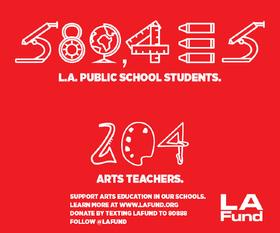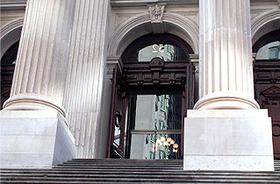Children who read textbooks in school usually make an assumption that the "facts" presented in those books are accurate and verified. However, a recent flap over a particular textbook used in Virginia schools demonstrates that even reading materials in classrooms can be seriously flawed. The inaccurate textbook has since been pulled from Virginia classrooms, but questions still remain over how the textbooks entered the schools in the first place, and why they were widely used before the errors were reported and the books were removed.
Teachable Moments?
"Our Virginia: Past and Present" is a textbook published by Five Ponds Press and used by fourth-grade classrooms across the state of Virginia. In October of last year, it was discovered that this book contained some erroneous errors. Loudoun County was one of the first to find a mistake – the description of non-existent battalions of Black confederate soldiers – according to a report in the Washington Post by Robert McCartney. County staff studied the book further and found as many as 12 errors. However, the county placed the books back on classroom shelves and instructed teachers to use the errors to demonstrate to students that they should be skeptical of what they read.
"It's a teachable moment," Loudoun school district spokesman Wayne Byard told the Post. He said by keeping textbooks in the classrooms, kids learn that "everybody tries their best but sometimes they don't research enough. You can't rely on a single source. You can't trust everything you read on the Internet."
Another report in the Washington Post by Kevin Sieff stated that the publication was also alerted to the error in the textbook back in October. While the idea of Black confederate soldiers is a popular one with Confederate heritage groups, it is generally rejected by most noted historians. Other counties in Virginia covered up the inaccurate sentence with a sticker, rather than removing the books from the classroom or addressing the inaccuracy with students.
After a state-appointed panel of historians reviewed the textbook, they documented 31 pages of errors within the pages. Another textbook that was reviewed, "Our America to 1865," was also found to be laden with numerous inaccuracies. Both books were published by Five Ponds Press, which promised to provide free updated copies of the textbooks to Virginia schools once the errors were corrected. At this time, the schools have decided to remove the history textbooks from the classroom and have sent an email to parents explaining their intentions.
This video looks at the question of how books are approved for use in public schools.
How the Blunder Happened
The textbook was written by Joy Masoff, according to a third report on the subject in the Washington Post by Valerie Strauss. Masoff, who is not a trained historian, has published other books for children, including, "Oh Yuck! The Encyclopedia of Everything Nasty" and "Oh Yikes! History's Grossest Moments." Masoff said that the information in question was taken off the Internet. Apparently, it was also missed by editors and fact checkers who reviewed the book after Masoff wrote it.
Some Virginia school officials have tried to downplay the errors. Libbey Garvey, Arlington's school board chairman told the Sun-Gazette, "There have been mistakes in the past – this is not the first time. Garvey agreed the errors could be used as teachable moments and added, "We want to make as much lemonade out of the lemons as we can."
Garvey also noted that textbooks are just one resource used to teach history in the classroom. She explained, "Social studies and history are way more than facts. You want to teach students critical thinkingskills. Textbooks are just one source."
This video reports on one school district's review process for math textbooks.
The Review Process
Although these textbooks have been removed from fourth-grade classrooms in Virginia, the question still remains as to how these books entered the schools in the first place. Joy Hakim, the author of A History of the US, told the Washington Post that the textbook review process "is so flawed it should be eliminated." Hakim added that lobbyists working for the publishing companies that produce the books do everything possible to woo members of the review panels.
State officials worry more about whether the books meet the political sensitivities of their districts than if they are factual and accurate. Hakim suggests having closed adoptions without sales representatives present. She also believes allowing teachers a choice of vetted books would eliminate some of the current issues.
Virginia is now awaiting the arrival of its newly corrected fourth-grade textbooks. However, the issue of allowing flawed resources into the classroom without proper review may continue to be a source of contention for school districts across the country until review procedures change.
Questions? Contact us on Facebook. @publicschoolreview















